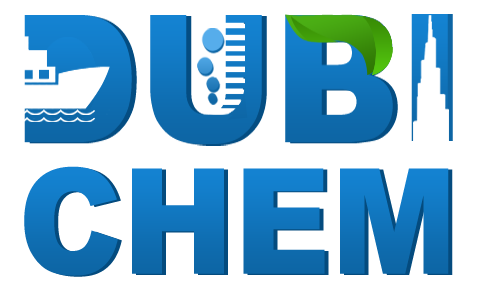The task of industrial cleaning and degreasing covers a wide range of applications across almost every conceivable industry, particularly in wash bays for heavy vehicles, trains, and aircraft. Regular cleaning is a vital part of most industrial maintenance regimes and it’s not just about maintaining appearances. Keeping equipment, vehicles and workspaces clean is an integral part of looking after critical infrastructure as well as maintaining a safe and healthy working environment.
Types of Soiling and the Impact on Degreaser Choice
Put simply “soiling” is any unwanted substance that covers an object. Whilst that could mean almost anything it is possible to break soils down into two categories:
- Organic soiling: is anything derived from living material (including fossils fuels) including oil, petroleum products, grease, fats, proteins and living matter.
- Inorganic soiling: typically includes matter such as scale, minerals, clay, dirt and rust.
Most industrial cleaning tasks require the removal of mixed soils, which is a combination of both organic and inorganic materials. In these situations organic contaminants such as oil and grease built up on equipment where they bond with dust, dirt and other matter.
For this reason industrial cleaning has a high focus on degreasing and the lifting of oils from surfaces, along with the contaminants they trap. Most industrial cleaning tasks are, therefore, best defined as industrial degreasing tasks.
Acid & Alkali Degreasers
Acid and alkali degreasers remove oils and other soils through aggressive chemical reactions. Whilst these reactions can be effective at degreasing surfaces they can also just as easily damage the surface being cleaned. They can also pose burn risks to workers and can harm the environment.
Emulsifying Degreasers & Waste Water Problems
One of the greatest issues with traditional degreasers is emulsification. Emulsifiers remove oil from surfaces and hold them within the water mixture for long periods of time. Whilst this can be an effective way to degrease it leaves behind a large volume of highly contaminated wastewater which cannot be disposed of safely without expensive processing.
The wastewater produced by emulsifying degreasers contains high concentrations of toxic hydrocarbons. Because these hydrocarbons are so effectively mixed with water they become highly “bio-available” meaning they are easily ingested by plant and animals – particularly marine life.
There are strict regulations in most countries on the levels of hydrocarbon allowed in wastewater. In almost all cases an emulsifying degreaser will produce wastewater that does not fall within these regulations.
Dubichem chemicals international is a leading supplier, manufacturer and exporter of Degreaser in Dubai, Ajman, Abu Dubai, Sharjha, Fujairah, Turkey, Saudi Arabia, Qatar, Kuwait, UAE, oman, Iraq, Singapore, Malaysia, Indonesia, Lebanon, Greece, India, Sudan, Ghana, Madagascar, Kenya, Nigeria, Zimbabwe, at Dubichem@gmail.com and for more related products visit www.dubichem.com.
